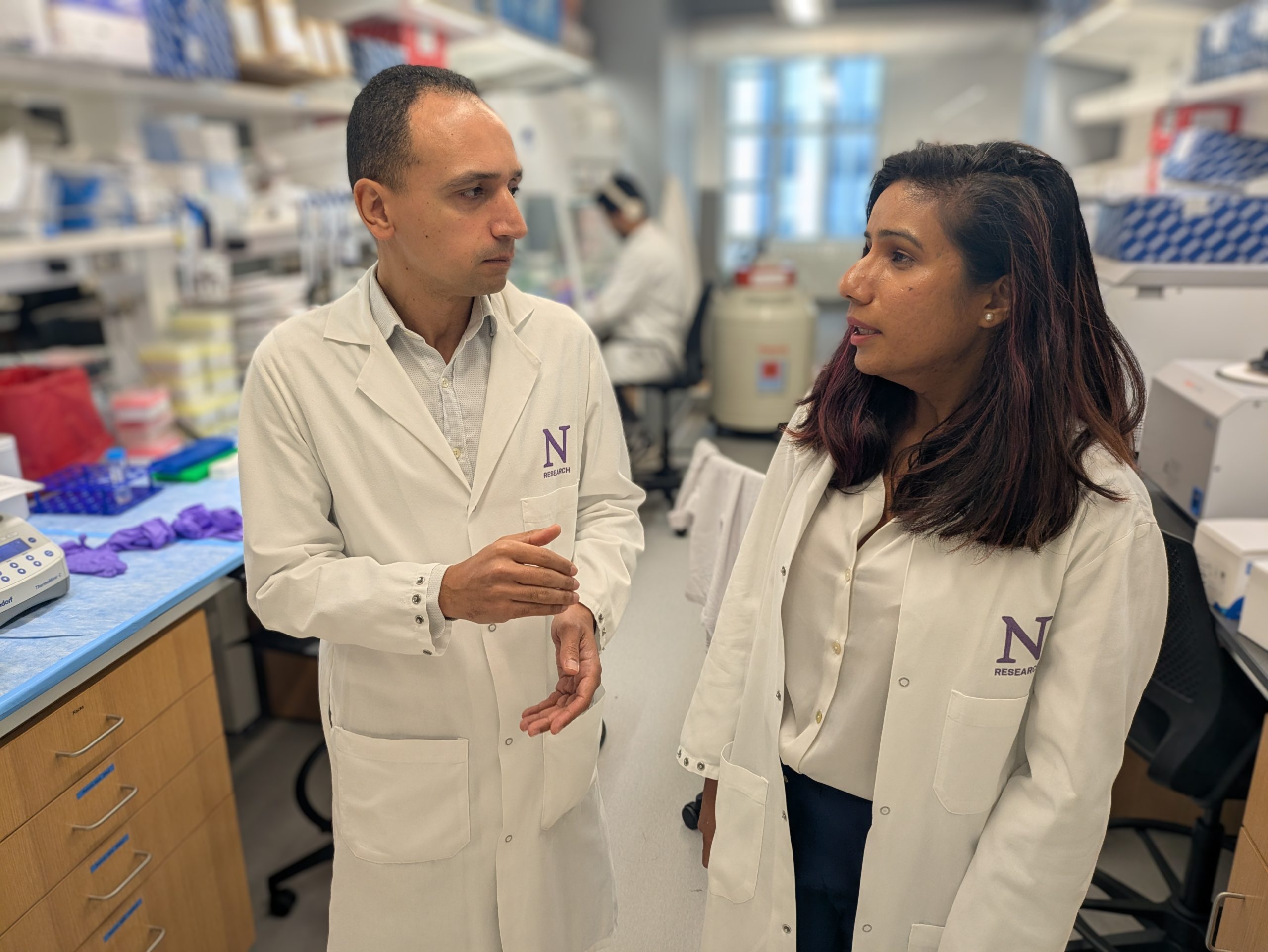
"Pancreatic cancer is notoriously hard to treat and often resists the most advanced immunotherapies. Northwestern Medicine scientists have uncovered a novel explanation for that resistance: Pancreatic tumors use a sugar-based disguise to hide from the immune system. The scientists also created an antibody therapy that blocks the sugar-mediated "don't-attack" signal. For the first time, in a study published in Cancer Research, the team identified how this sugar trick works and showed that blocking it with a monoclonal antibody reawakens immune cells to attack cancer cells in preclinical mouse models."
"Inside pancreatic tumors, the immune system response is unusually suppressed. "We set out to learn why, and whether we could flip that environment, so immune cells attack tumor cells instead of ignoring or even helping them," Abdel-Mohsen said. The team found that pancreatic tumors hijack a natural safety system used by healthy cells. In normal conditions, healthy cells express a sugar called sialic acid on their surface to signal to the immune system, "don't harm me." The scientists found that pancreatic tumors exploit that system by loading the same kind of sugar onto a surface protein called integrin α3β1. That sugar coat allow"
Pancreatic tumors evade immune detection by coating a surface protein, integrin α3β1, with sialic acid that mimics healthy-cell 'don't harm me' signals. That sialylation suppresses local immune responses and contributes to resistance to standard immunotherapies. An antibody therapy that blocks the sialic-acid-mediated inhibitory signal on tumor cells reactivates immune cells and enables them to attack cancer cells in preclinical mouse models. Reversing this sugar-based immune cloak restores anti-tumor immunity and presents a potential therapeutic strategy to sensitize pancreatic cancer to immunotherapy and improve outcomes.
Read at News Center
Unable to calculate read time
Collection
[
|
...
]